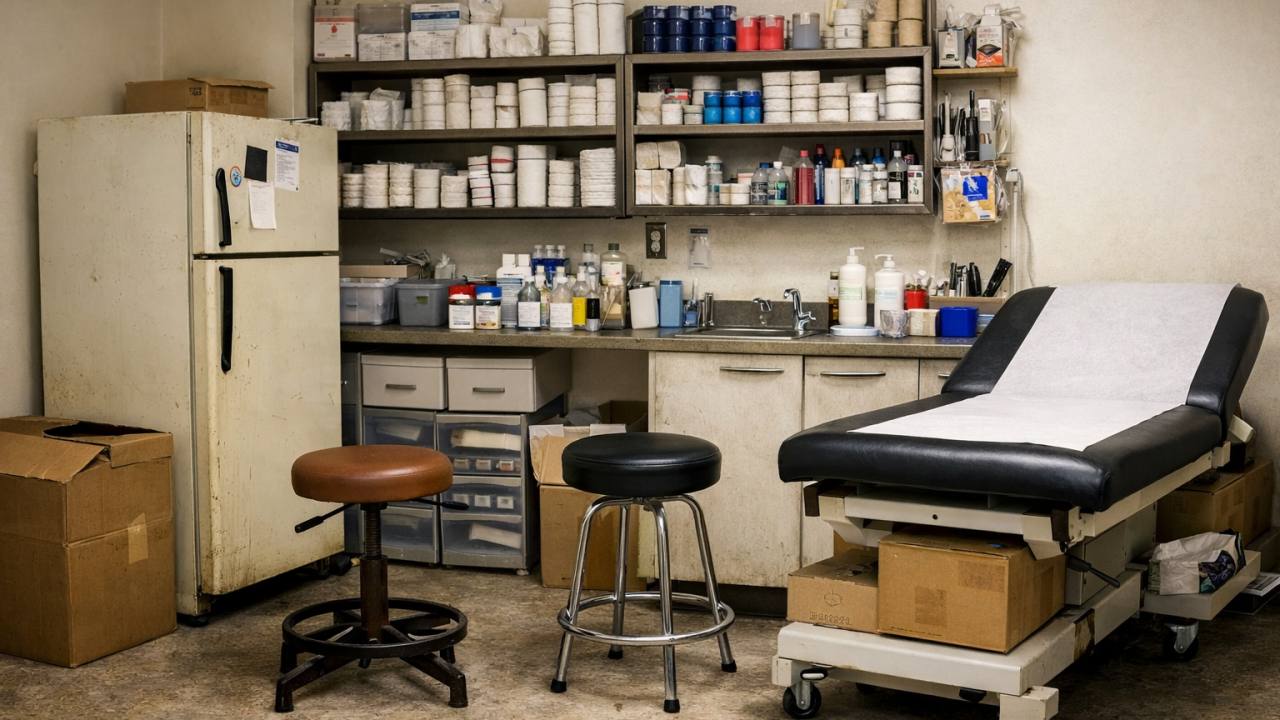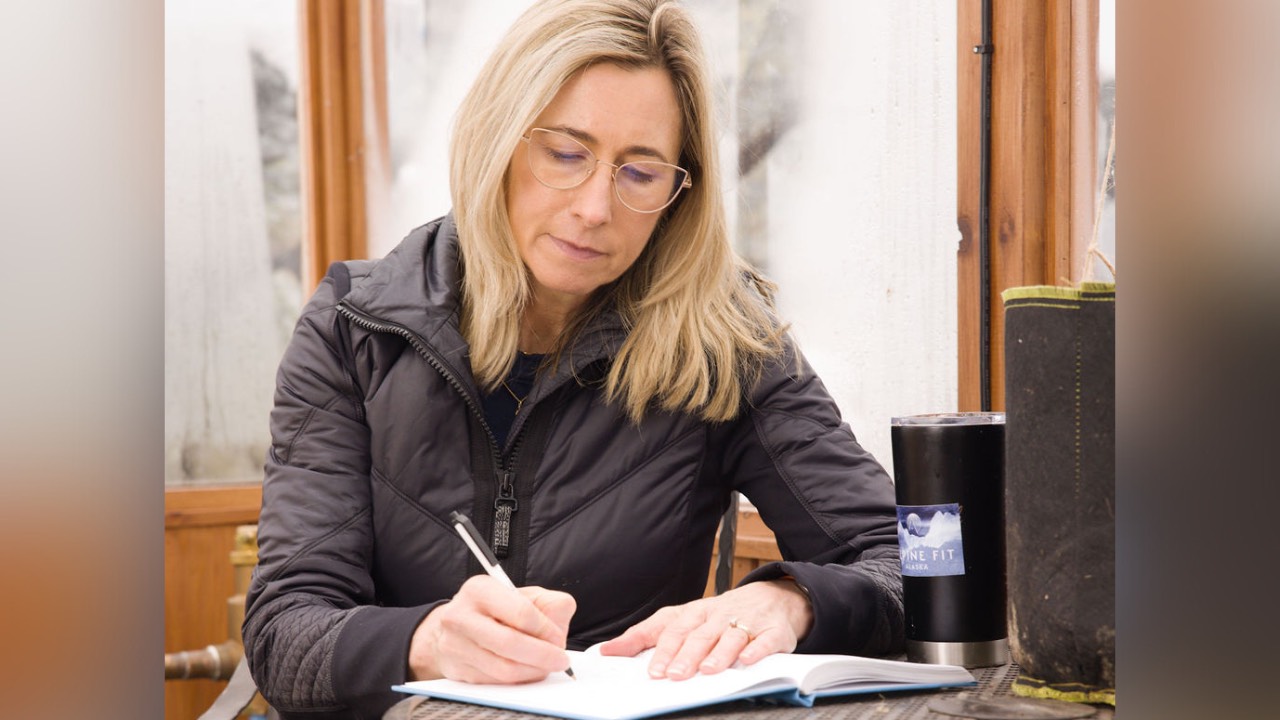Responsibility Revisited: Story and Reflection
We don’t always talk about guilt in medicine unless it’s framed as toxic or as a byproduct of impossible systems. But some guilt is earned. Some of it’s useful. The kind that nudges us when we’ve strayed from our values. And some is not.
What follows is a story out of several that came to mine from my own training after reading Dr. James Schindler’s piece, A Divine Slap. Mine wasn’t dramatic. But it got my attention. And it quietly shaped how I carry responsibility now.
During my residency, the second-year on-call covered a lot: inpatient services, admissions, phone calls, and any of our clinic’s patients in the ED across both the women’s and children’s hospital and the main facility. One night, after finally getting to sleep at the main hospital, I was paged about a teen with abdominal pain in the ED. The patient was new to our system and had an new patient appointment scheduled at our clinic two days later.
Exhausted, I told the (rarely seen in those days at night) ED attending that we weren’t responsible since she hadn’t officially established care yet and that I wouldn’t be coming in. It wasn’t said with any attitude, just fatigue. And technically, I wasn’t wrong.
But I couldn’t fall back asleep.
I was lying there with a sinking feeling. Eventually, I got up and went out to my car and drove to the Children’s ED to see the patient. They were stable. Everything was fine. As I passed on the case to our clinic team the next day, I learned that the establish care visit in two days was scheduled with me! I couldn’t imagine what it would have felt like to meet her for the first time in clinic, knowing I had refused to see her just days before.
There was no fallout, just a quiet moment that got my attention. I had made a decision that followed the letter of the law, but not my own values. It didn’t sit right, not because anyone pressured me, but because it didn’t align with the kind of physician I wanted to be.
As I walked into the ED that night, Dr. O’Connor smiled and said, “I thought you might show up after you thought about it.” It wasn’t a criticism. Just a knowing observation. One that stayed with me.
While the old non-existent work-hour-rules and call setups weren’t exactly humane, this wasn’t about institutional pressure. This was adaptive guilt. The kind that surfaces when your actions don’t align with your ethics and gives you a chance to adjust before you drift too far from who you want to be.
In summary, not all guilt is toxic. Some of it is a signal. A quiet hinge. A reminder of who we are and who we’re becoming.
Reflection and invitation:
What’s a moment that got your attention, because it quietly crossed a line inside you? How did you respond? What did you do the next time something like that occurred?
If you're interested in the difference between adaptive guilt and unearned guilt, I explore that more here: Guilt as a Resident Physician





Responses